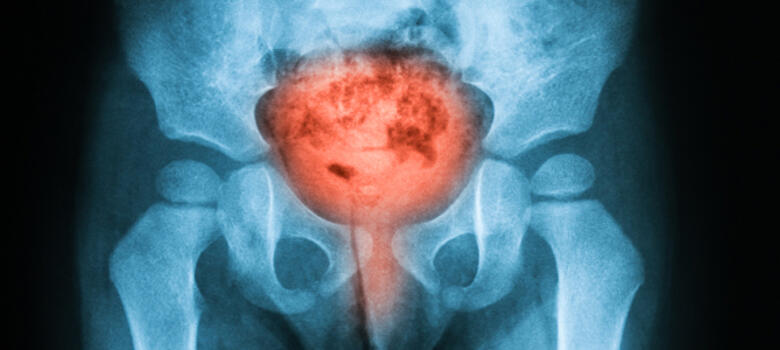Article
Promising New Vaccine Strategy for Urinary Tract Infections
Vaccine could eradicate bladder bacteria, prevent future infections
Published
May 18, 2021
Image

In a March 2021 study in the Proceedings of the National Academy of Sciences, Duke researchers describe a new vaccination strategy that could reprogram the body to fight off the bacteria that cause urinary tract infections (UTIs).
“Although several vaccines against UTIs have been investigated in clinical trials, they have so far had limited success,” says Soman Abraham, PhD, Grace Kerby Distinguished Professor of Pathology, Immunology and Molecular Genetics & Microbiology in the Duke School of Medicine and senior author of the study.
“There are currently no effective UTI vaccines available for use in the U.S. in spite of the high prevalence of bladder infections,” he adds. “Our study describes the potential for a highly effective bladder vaccine that can not only eradicate residual bladder bacteria, but also prevent future infections.”
The strategy, which the team demonstrated to be effective in mouse models, involves re-programming an inadequate immune response that was identified in 2020. Researchers observed that when mouse bladders are infected with E. coli, the immune system dispatches repair cells to heal the damaged tissue, while launching very few warrior cells to fight off the attacker. This causes bacteria to never fully clear, living on in the bladder to attack again.
“For patients who suffer from recurrent UTIs, the current management is via long-term daily use of prophylactic antibiotics, which can lead to problems with adaptive resistance as well as side effects from the drugs themselves,” explains Duke urologist J. Todd Purves, MD, PhD. “UTIs are the second most common form of human infection after the common cold, so this new vaccine—which works by boosting the host’s own immune defense—will be a great advance as we try to reign in our overuse of antibiotics.”
According to lead author Jianxuan Wu, PhD, a scientist in the Department of Immunology, “the new vaccine strategy attempts to ‘teach’ the bladder to more effectively fight off the attacking bacteria. By administering the vaccine directly into the bladder where the residual bacteria harbor, the highly effective vaccine antigen, in combination with an adjuvant known to boost the recruitment of bacterial clearing cells, performed better than traditional intramuscular vaccination.”
The researchers reported that bladder-immunized mice effectively fought off E. coli and eliminated all residual bladder bacteria, suggesting the site of administration could be an important consideration in determining the effectiveness of a vaccine.
“We are encouraged by these findings, and since the individual components of the vaccine have previously been shown to be safe for human use, undertaking clinical studies to validate these findings could be done relatively quickly,” Abraham says.
“A vaccine to prevent these infections will be an absolute game-changer for this patient population,” says Purves.
